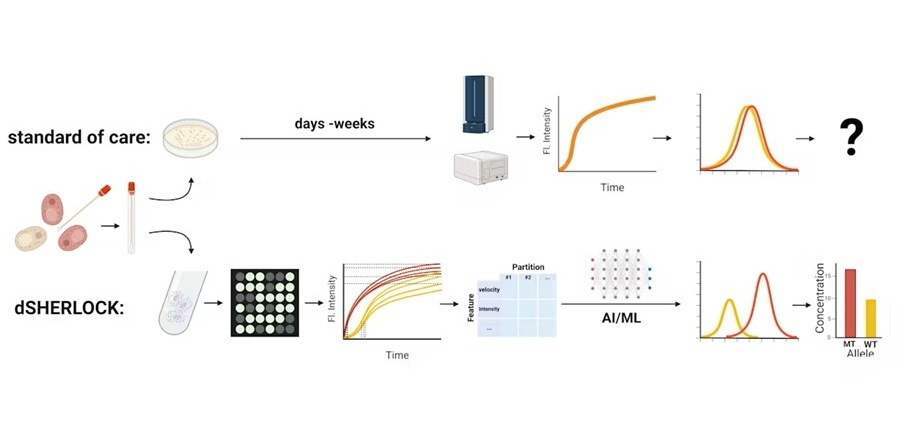Study Finds Myocarditis Caused by Infection Rising Globally
By Michal Siman-Tov
Posted on 07 Dec 2016
A new assessment of the global state of myocarditis examines diagnostics, treatments, and causes, the most common cause being viral infections.Posted on 07 Dec 2016
Myocarditis, an assortment of heart disorders often caused by infection and inflammation, is difficult to diagnose and treat. Dilated cardiomyopathy and cardiac sarcoidosis can result from myocarditis. Among the young, myocarditis accounts for about 5% of sudden cardiovascular infant deaths and up to 20% of sudden cardiovascular death in adolescents. It is responsible for up to 45% of heart transplants in the US.

Image: A new study assessing the global state of myocarditis examines diagnostics, treatments, and causes. The results suggest that even though diagnosis is difficult, early diagnosis is key to preventing long-term heart damage from the disease (Photo courtesy of the Mayo Clinic).
The new global assessment was conducted by a team led by Leslie Cooper Jr, MD, cardiologist, at the Mayo Clinic (Jacksonville, FL, USA). Along with Dr. Cooper, researchers from the Netherlands, Switzerland, and Finland contributed to the study.
Dr. Cooper and colleagues recently reported that cases of myocarditis have increased from about 1.5 million annually to 2.2 million cases from 2013 to 2015. The new study found that the rate of myocarditis and associated death is much higher in men than in women, likely due to testosterone-driven inflammation.
The most common cause of myocarditis is infection ― usually viral ― that can damage heart muscle chronically or acutely in otherwise healthy people, said Dr. Cooper. Infections that affect the heart differ around the globe. In the US, a dozen common pathogens can be responsible. An example is coxsackie virus, which up to 70% of US residents have been exposed to age 30. “But only 1-2% of people with acute coxsackie virus infection develop cardiac symptoms,” said Dr. Cooper.
Myocarditis can also have other causes, including autoimmune diseases, environmental toxins, and adverse reactions to medications.
Early diagnosis is key to preventing long-term heart damage from myocarditis. If chronic disease results, scarring in the heart can promote heart failure. Although standard therapies are used to control symptoms of heart failure, new investigational therapies based on mechanistic advances may soon enter clinical trials, and new management of the disorder is being discussed. “We are on a quest for advances in treating this disorder,” said Dr. Cooper.
To prevent the disorder from worsening in children, Dr. Cooper suggests that aerobic exercise be limited for several weeks after a suspected coxsackie virus infection, and “if a child or adolescent develops breathing difficulties or chest pain with evidence of myocarditis, my recommendation is to avoid competitive sports for at least 3 months,” said Dr. Cooper.
Revised management recommendations regarding athletic participation after acute myocarditis have further heightened the importance of early diagnosis. A cardiac MRI within 2 weeks of symptom onset is 80% effective in diagnosing cardiomyopathy, but diagnosis is difficult at more chronic stages. The sensitivity of endomyocardial biopsy may be increased, especially in suspected sarcoidosis, by the use of electrogram guidance to target regions of abnormal signal.
Most people (60-70%) with acute cardiomyopathy from myocarditis get better. About 10-15% develop irreversible chronic disease due to scars in the heart created by infection. These patients are treated with standard heart failure therapies, but 20% die during the decade following infection due to heart failure. “I see patients everyday with this disorder,” said Dr. Cooper, “We are on the cusp of trying more tailored treatment, and it can’t come soon enough.”
The study, by Heymans S et al, was published November 29, 2016, in the Journal of the American College of Cardiology.
Related Links:
Mayo Clinic













